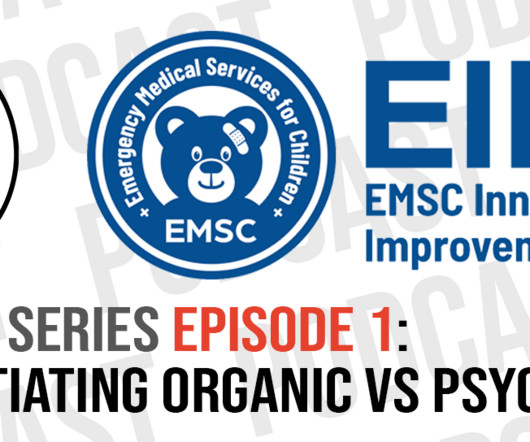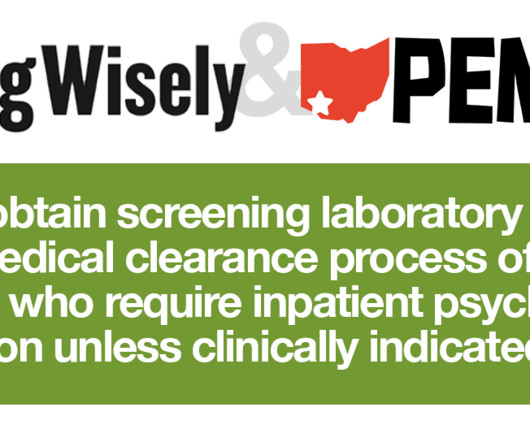Ambulatory Behavioral Health Referral Patterns in the Setting of Chronic Medical Conditions [Behavioral, psychosocial, and mental illness]
Annals of Family Medicine
NOVEMBER 20, 2024
Setting or Dataset: Patients 18 years or older with a BH referral with or without at least 1 chronic condition referred from any of 4 PC sites with integrated BH in the UCHealth System from January 2020 through present. 88% (n= 11,483) of BH referrals were created for the management of a mental health condition.



















Let's personalize your content